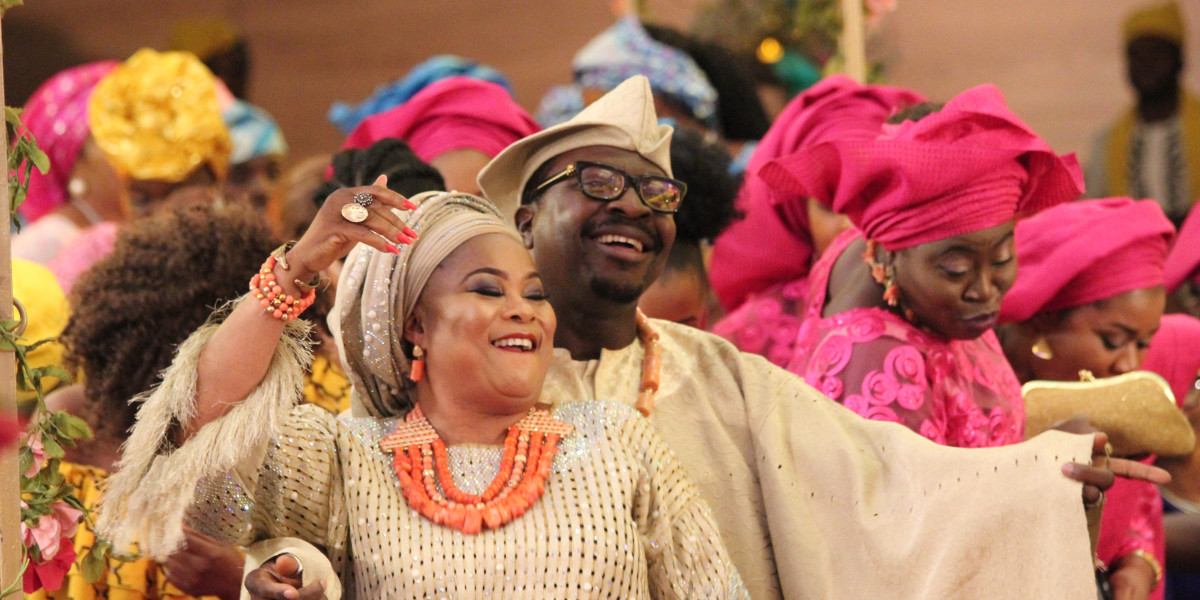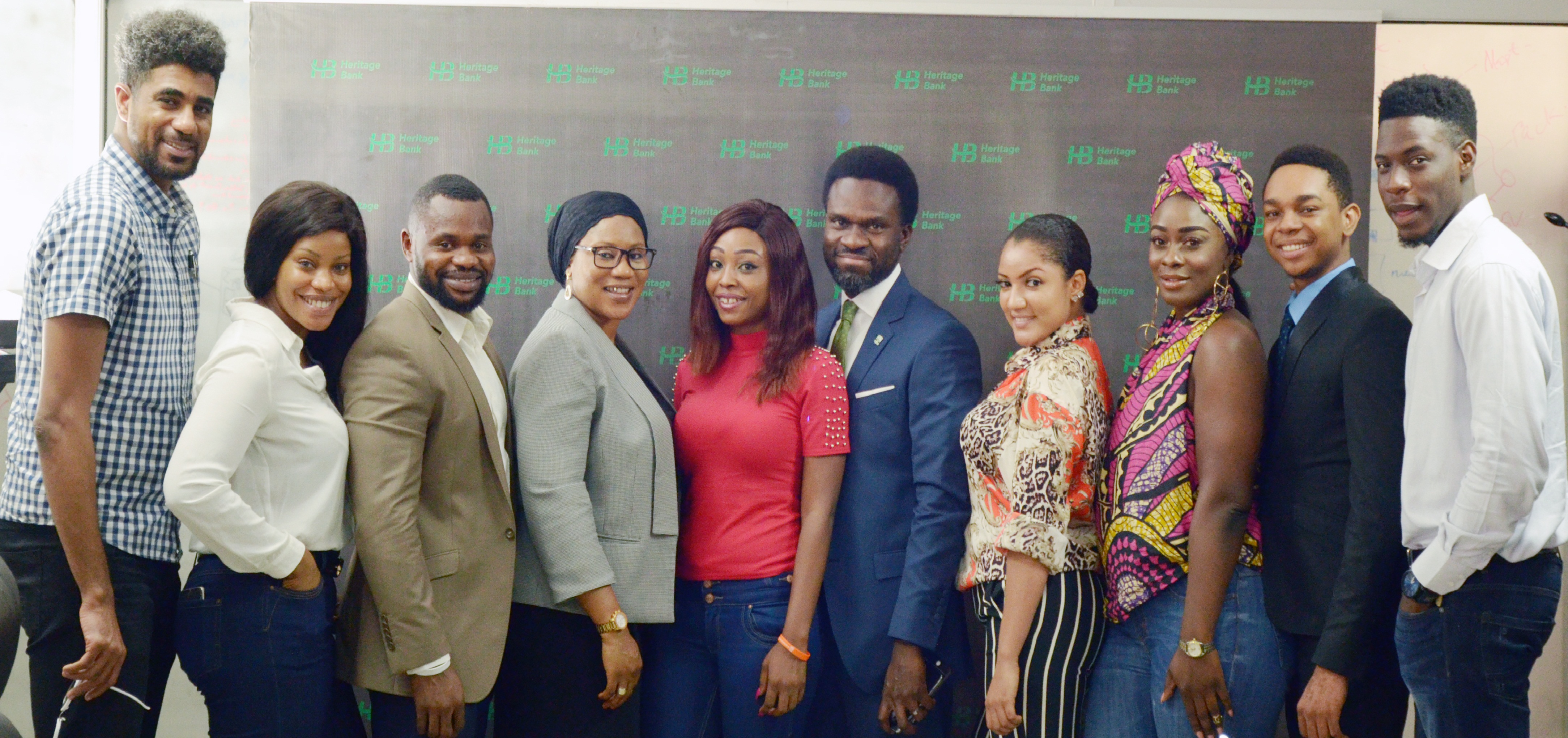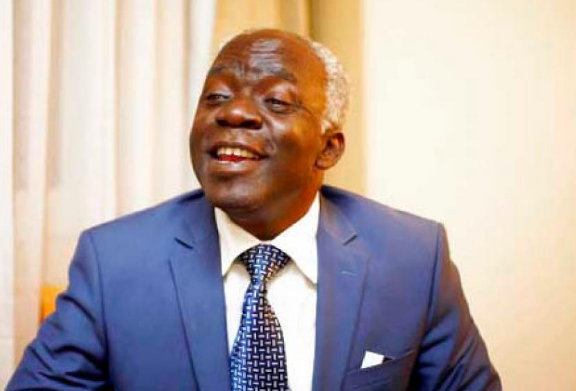BY SAMUEL OSHO
In the most populous black nation in the world, all the forces of nature acquiesce to stimulate the steady flow of wedding ceremonies – the population, the polity, the culture, and even the moribund economy. After a busy week loaded with tight schedules, a ticket to a wedding party serves as the perfect gift for relaxation and after all, it is for free.
A few weeks ago, in response to the calls of an ample number of friends, I watched the record-breaking movie, The Wedding Party. The iconic motion picture directed by Kemi Adetiba successfully painted the dream of every beautiful spinster that is ripe for a walk down the aisle with Mr. Right. But with a heightened focus on the tricks and thrills of having an enchanting wedding party in Nigeria.
After the comic experience, I have chosen to utter words of affirmation to validate the distinctive applause that welcomed the movie from the premiere in Toronto to the crowded cinemas in Lagos. Asides the conglomerate of celebrities that featured in the sterling movie, every scene initiated deep conversations that every true Nigerian can comprehend.
Advertisement
In the past few years, the bubbling ebullience that announces a typical Nigerian wedding party has necessitated a new epithet, “Owanbe.” The reigning label sounds like what a satisfied customer in a restaurant will say after the gods of hunger have been fully satiated. Adetiba’s interpretation of Owanbe, The Wedding Party, is a labyrinth of morals, ideologies, and ideas that reiterated existing perceptions about the African culture coupled with lucid descriptions of its social acceptance.
Nigerian Weddings are “Recession proof”
King Solomon while speaking about the resilient power of love said, “Many waters cannot quench love.” The same is true for the love for flamboyant wedding parties in Nigeria, waters of the economic downturn cannot quench this love. In the face of economic recession in Nigeria, the wedding parties are yet to go on a recess, they only blossom like the lilies planted by the riverside. Inasmuch as weddings are about love, a school of thought posits that the most important segment of a wedding is the exchange of marital vows and then the kiss. The wedding is an avenue for two people who are lovebirds to be publicly declared as a legally married couple. But in Nigeria, it is incomplete without blowing the rooftops in a hall where everyone is given a delectable treat.
This pronouncement obviously demands a gorgeous celebration, one fit to commemorate the beginning of a lifelong journey. In recent times, the extravagant spending on weddings makes one wonder if these events were contesting for awards. However, it is disgusting to note that the proliferation of glamorous weddings is yet to halt the sudden leap in the number of broken homes. Wedding Parties are gradually morphing into a theatrical display of wealth and a battle for supremacy between two families that were meant to felicitate in harmony. In fact, in some cases of wealthy families, wedding parties serve as certificates to authenticate the affluence of the parents.
Advertisement
For victims of the ongoing economic deprivation, they look forward to Saturdays and rely on the excesses of some Wedding parties as a form of survival. These set of individuals usually don’t have the colorful Aso-Ebi but they dress gorgeously and contribute to the population of gate-crashers at the party. Gate-crashers mark their presence at the parties by getting their own share of all the souvenirs. The family of Ayanmale Subaru (Saka) played this role of perfectly well as representatives of the Cokers from the village. The huge percentage of people who benefit from these dazzling parties are purported well-wishers who often times don’t even know the couple let alone their families. Worst of all, some couples start their honeymoon with calls from debtors because of lavish spending that could have been possibly avoided.
The Tussle for power amidst women
The 21st century has witnessed the rise of women leaders like never before but this breakthrough is yet to inhibit the enmity that women have for one another. Amidst the female folks, there is an inexplicable rivalry and an open crave for predominance; the proclivity to show the extent of their superiority to their female counterparts. In The Wedding Party, the intimidating figure of a typical rich Nigerian woman was perfectly chronicled in the endless tussles between Mrs. Onwuka and Mrs. Coker. Needless to say, that even the interventions of their husbands failed woefully to abate the degree of their growing dissension.
From the omission of Mrs. Coker’s name in the feature article in the magazine to the chanting of songs of mockery in the church to the disagreement at the grand entrance to the reception hall, the hatred for each other stood out. Hostility amongst women triggers a host of raucous scenes around minute disputes and the drama they create as a result of their emotional configuration contains enough energy to rouse a whole city from sleep. Affirming this behavior will be to highlight how Iya Michael talked derisively to the caterer hired by the Onwukas when her food was rejected on the party floor.
In sharp contrast to the feisty relationships between women, in every home, women stand as an embodiment of love, care, and compassion. When there are unprecedented upheavals in the family, they easily switch into a pensive mood because of the magnitude of love they possess for their children. This will remind you of the screams of Dunni’s mother when everyone waited painstakingly for the arrival of the couple.
Advertisement
How then can I forget the predilection of ladies for snapshots? The pleasure they derive from taking loads of pictures even at the expense of punctuality to important gatherings. The scene of the torn wedding gown only reminded me of a meme that compared Neil Armstrong’s trip to the moon and the trip of an average lady to the washroom. The latter showed up with an album of selfies while the former has only a picture to show for his historic voyage.
I am yet to reach the cusp of the comic crescendos that culminated into a riveting movie that is on the lips of everyone. Watch out for Part 2.
Osho, a mechanical engineer, award-winning writer and public speaker, writes from Winnipeg, Canada.
Advertisement
Add a comment






